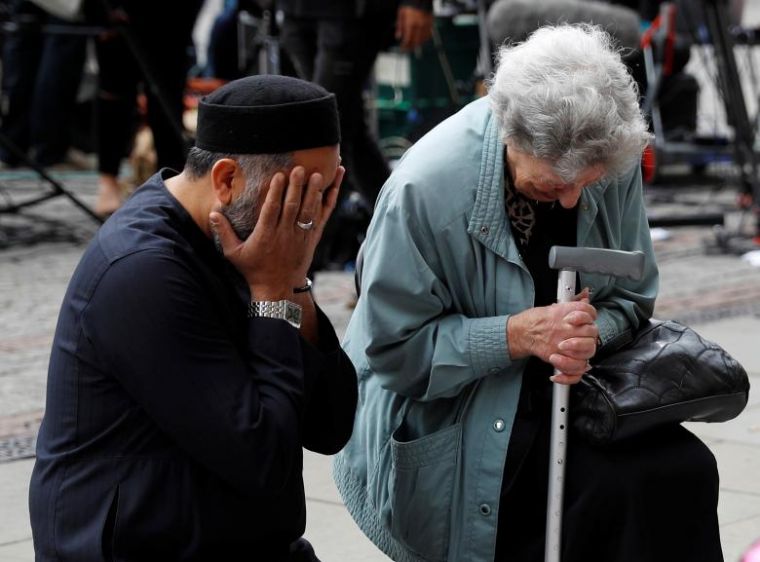Is religion the root of terror?
The appalling terrorist attack in Manchester has reignited a debate about the roots of such violence.
Liberals are accused of downplaying religion. Rod Liddle was quick off the mark to do this in a Spectator blog, attacking the BBC for taking this view. As far as the BBC was concerned, Liddle alleged, Salman Abedi might just as well have been a Methodist as a Muslim. Liberals hit back, arguing that to emphasise religious motives runs the risk of accusing all Muslims of being somehow guilty, a danger underlined by Alex Massie in another Spectator blog. Tell MAMA, which records hate crimes against Muslims, says there has been a rise in Manchester.
Is it primarily religion that motivates young men like Salman Abedi to carry out there terrible deeds or should we see them as damaged individuals, alienated from society, suffering from depression, convinced that the Western world is against them?

A debate between two prominent French intellectuals casts light on the issue. Gilles Kepell has spent a lifetime studying Islam in France, particularly life in the banlieues, the poorer outer suburbs for Parish. In his book Terror in France he has chronicled the arrival of Salafist preachers, supported by Saudi Arabia, with a message that politics was 'haram', forbidden by Islamic law. This reinforced a failure of French Muslims to seek a political solution to their grievances, a failure that was further encouraged by their disillusion with François Hollande.
Oliver Roy places less emphasis on religion. He has famously said that what we are seeing is not the radicalisation of Islam but the Islamification of radicalism. He points out that most recruits to ISIS have only a very basic understanding of Islam.
'A typical radical', he writes, 'is a young, second-generation immigrant or convert very often involved in episodes of petty crime, with practically no religious education but having a rapid and recent trajectory of conversion/reconversion, more often in the framework of a group of friends or over the internet than in the context of a mosque.'
Roy seeks to explain the growth of fundamentalism in terms of what he calls the 'deculturation of religion'. First generation immigrants stick to their culture, speaking the language or eating the food of home. Mosques cater to family groups and are made up of people from the same area of Pakistan, Bangladesh or Algeria.
Second generation Muslims are more conscious of belonging to the 'umma'. They have no interest in speaking Urdu and are ready to eat of variety of foods as long as they are 'halal'. Their identity comes from their religion and this makes them vulnerable to adopting a fundamentalist interpretation of their faith.
In his latest book Jihad and Death Roy does suggest that in some ways Britain may not conform to the pattern he has outlined. He warns that in this country there is a network of militant mosques frequented by members of al-Muhajiroun which gave birth to the even more radical group Sharia4UK.
Kepell and Roy have criticised each other's work. It may be a mistake to seek to impose one particular pattern. Each case of terrorism has its own features. But in many cases we do seem to be confronted by a lost young man or woman who has drifted into drinking and taking drugs, possibly, as in the case of Abedi, formed links with criminal gangs and then in an attempt to convert and find meaning in life taken up religion. Within a short time the young convert is going to Syria or Libya and being taught that the source of all the world's troubles is Western domination.
Once the imagined vehicle of liberation was communism, now it is a twisted version of Islam.
Paul Richardson worked for 17 years as a missionary in Papua New Guinea, and is now a Catholic priest in the Diocese of Westminster.











